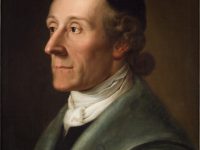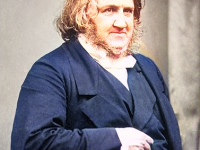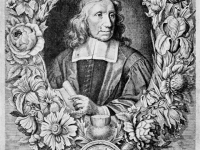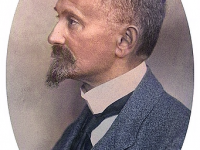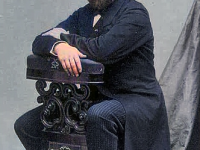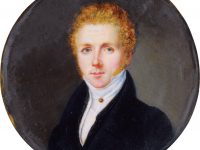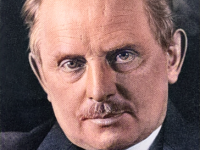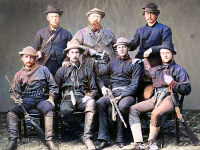Johann Lavater – Physiognomic Fragments for the Promotion of Human Knowledge and Human Love
On November 15, 1741, Swiss poet, writer, philosopher, physiognomist and theologian Johann Kaspar Lavater was born. He was a main representative of physiognomics in the time of Enlightenment. “Who in the same given time can produce more than others has vigor; who can produce more and better, has talents; who can produce what none else can, has genius.” – Johann Lavater, Aphorisms on Man (1788) Johann Kaspar Lavater – Family Background and Education…
Read more

